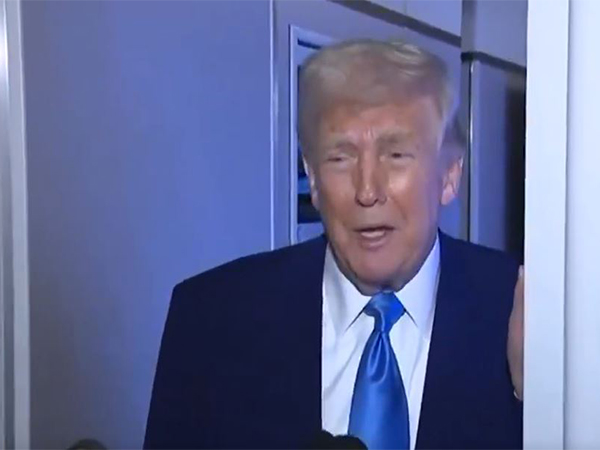SC to pronounce on Tuesday order on issue of stranded migrants
Jun 05, 2020

New Delhi [India], June 5 : The Supreme Court on Friday reserved its order for June 9 on a suo motu plea over the plight of migrant labourers stranded across the country amid the ongoing coronavirus-induced lockdown.
A three-judge bench headed by Justice Ashok Bhushan proposed a period of 15 days for the states to effectuate completion of transport and ferry the stranded migrant workers, who want to go to their native places.
All states must create employment for migrants, the apex court said.
Solicitor General Tushar Mehta, appearing for the central government, said that the Indian Railways has operated 4,228 trains till June 3. He also said that approximately one crore migrant workers have been transported back to their home states via trains or road.
"I have also filed my affidavit pointing out measures being taken by the Centre for distribution of food etc. This is only to satisfy your conscience that as a welfare state we have done whatever we could," Mehta said.
Additional Solicitor General Sanjay Jain, appearing for Delhi government, said that around two lakh workers are still in the national capital as they are choosing not to go back to their homes.
The Uttar Pradesh government submitted that migrant labourers are not being charged for their travel back home at any point of time and added that 104 special trains were organised to send back 1.35 lakh migrants. Senior lawyer P Narasimha was appearing for Uttar Pradesh.
Narasimha said that 1,664 Shramik trains were organised, through which at least 21.69 lakh migrants were brought back to the state. Around 5.50 lakh migrant labourers were brought from Delhi borders through buses, he said.
Former Solicitor General and senior Supreme Court lawyer Ranjit Kumar appeared for Bihar and said that around 28 lakh people have returned to the state so far.
The skill mapping of over 10 lakh people has been done by the Bihar government, which is taking all steps for providing employment to these migrants within the state, Kumar said.
The top court also heard the National Human Rights Commission, which sought a slew of directions in connection with the plight of migrant workers.
















